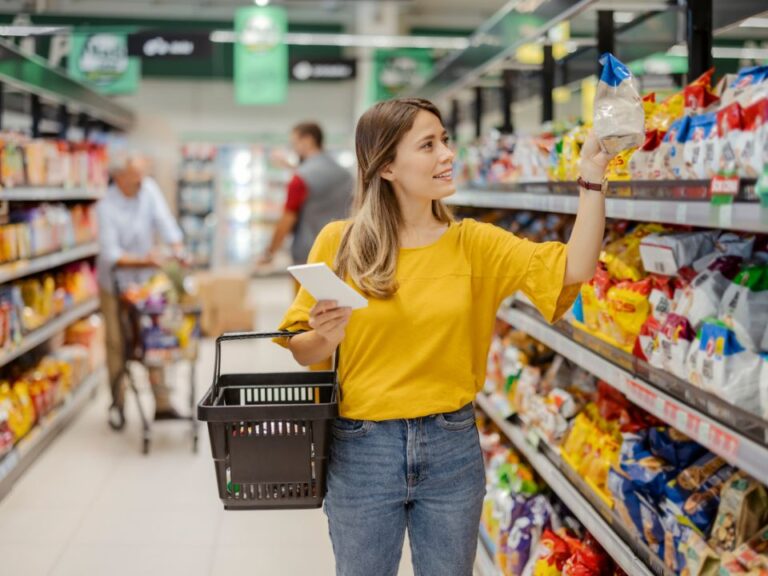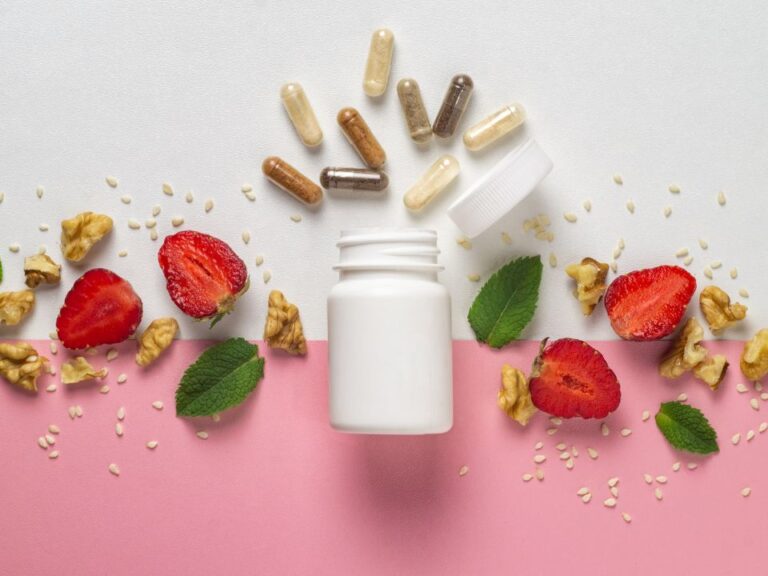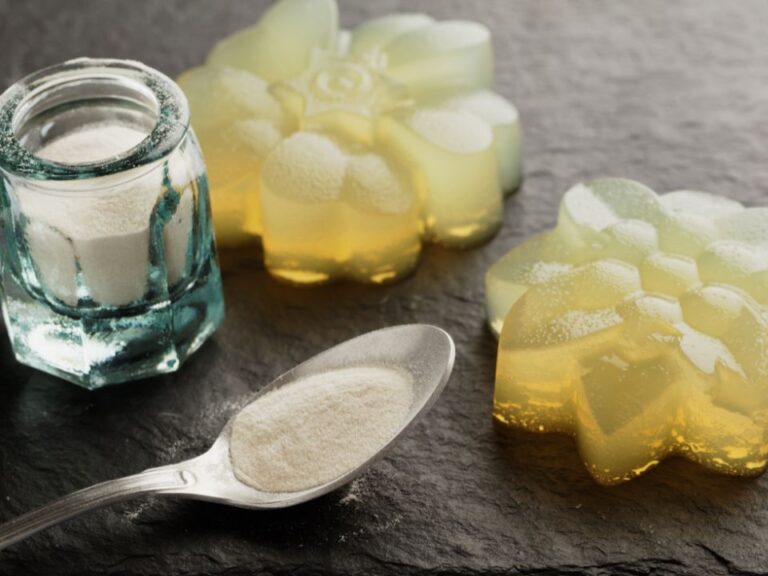
Have you ever been in this situation before - you picked up a box of jelly at the mall, thinking that it must be vegetarian because it does not contain animal ingredients, so you bought it home and ate it without any worries... Be careful! Because you may have made a mistake in vegetarianism! Jelly usually contains "gelatin", which is actually extracted from animal bones and is not vegetarian!
Modern food is becoming more and more fancy, and animal ingredients are becoming more and more "invisible". Many people think that being a vegetarian means not eating obvious meat, fish, eggs, and milk, but they don't realize that many daily necessities and foods actually contain unknown "meat". These ingredients are not only difficult to identify, but sometimes even the outer packaging can hardly see them.
Today we will uncover the top 5 "often misunderstood vegetarian taboos" to help you avoid those hidden landmines so that you can eat safely and with a clear conscience!

These are actually meat!
- Gelatin, shellac, cochineal...these little animal helpers hidden in beautiful foods
Do you think colorful, chewy and delicious candies, jellies and yogurts are all vegetarian? Be careful! Many of them contain gelatin, which is derived from cow, pig or fish bones and skin; shellac makes chocolate and chewing gum brighter and less sticky; and cochineal makes jam and popsicles appear bright red. These are not from plants!
- Vitamin D₃, calcium, glucosamine...the ingredients of nutritional supplements should also be considered!
Most vitamin D₃ on the market is extracted from lanolin, and some calcium tablets may come from cow bones, fish bones or shells. If you buy joint health products, they may contain glucosamine, which is mostly extracted from shrimps and crabs. These nutritional supplements have also become "hidden mines" for vegetarians.
- Emulsifiers, gelatin, flavorings…vegetarian or not?
The emulsifiers, thickeners, and flavors in packaged foods actually contain complex animal/plant sources. Milk protein and lecithin usually come from animals, while vegetarians can safely use plant-based emulsifiers, such as soy lecithin. Fortunately, there are many plant-based substitutes on the market, such as hydroxypropyl methylcellulose (HPMC), alginate, pectin, etc., which taste just as smooth and tender.
- Plant-based meat, air-based meat, new vegetable meat…are vegetarian ones safe?
Plant-based meats may not be 100% vegetarian! Some may add soy hemoglobin to imitate the taste of gravy; fungal proteins such as Quorn were once raised with "caged eggs" until 2004. In addition, there may be pungent plants such as onions and garlic, which may be off-limits for certain vegetarians (such as those who avoid pungent plants).
- Alcohol, honey, and the five pungent vegetables: the vegetarian red line of religious belief
In addition to avoiding eggs, milk, and honey, vegans also often avoid the five pungent vegetables (onions, garlic, leeks, asafoetida, etc.) and alcohol filtered with bone charcoal, because these would violate religious or spiritual taboos.

How to avoid these misunderstandings? Remember these 3 tips!
1. Look carefully at the ingredients to confirm the source: Don’t just look at the "vegetarian" label, look for "pure vegan", "lacto-ovo vegetarian", "phyto-5-spicy vitamins", etc. Be clear about your own "standards" to avoid tripping over landmines.
2. Choose plant-extracted colloids: such as agar, pectin, alginate, HPMC and other vegan alternatives. There are more and more such products on the market, and the choice is much freer than before!
3. Double-check before eating out: Especially in convenience stores or mixed-food restaurants, check whether kitchen utensils are shared, whether cream or egg liquid is used to make salads or spreads, etc.

Lanyang Foods guarantees that there are no animal food additives
Since its founding in 1984In 2018, we expanded and built an independent vegetarian plant specifically for our products, and started to produce all vegetarian products on a dedicated line, strictly avoiding cross contamination. All plants have passed international certification, so you can enjoy vegetarian food with peace of mind. Currently, Lan Yang Food has developed a variety of series such as quinoa, cauliflower rice, mushroom rice, plant meat, stewed rice, porridge, curry, desserts, soups, side dishes, etc., and promotes the concept of one vegetarian meal a week and healthy eating, encouraging consumers to participate in the way of eating.Sustainable Action, do our part to protect ourselves, the earth and the environment, make vegetarian food the simplest way of life to support sustainability, and practice the concept of everyone’s responsibility for quality assurance, providing safe, refined and delicious food.









